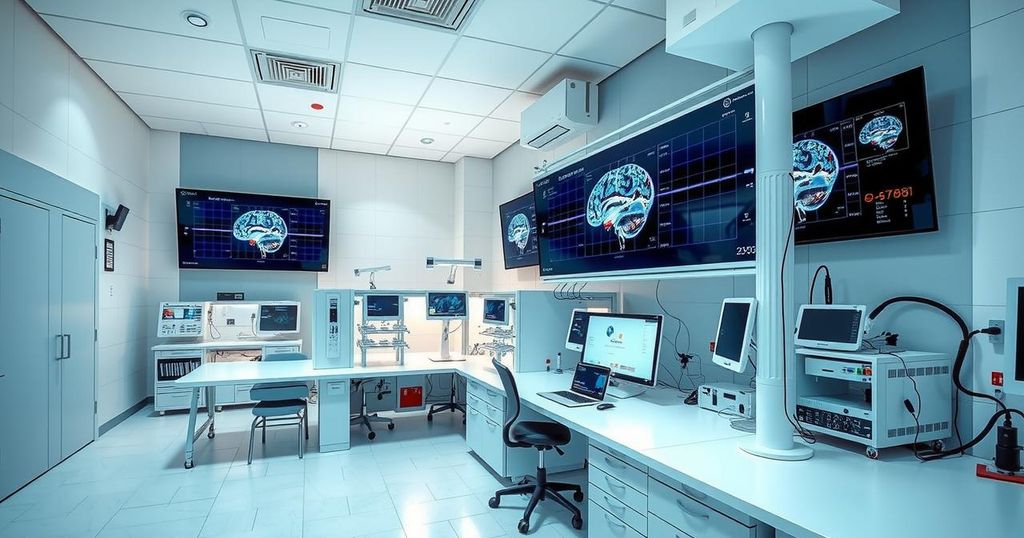Analyzing Ghana’s Economic Struggles and Recovery Efforts
Joe Jackson, CEO of Dalex Finance, claims Ghana remains financially distressed, citing inadequate government debt payments and poor conditions, such as low student food budgets. He expressed concerns regarding the cocoa sector’s impact on economic stability but acknowledged some positive signs in the financial sector. Meanwhile, President Mahama highlighted severe debt levels and challenges facing state-owned enterprises, emphasizing the need for fiscal discipline and structural reforms to stabilize the economy.
Joe Jackson, Chief Executive Officer of Dalex Finance, recently claimed that Ghana remains in a state of financial distress, emphasizing that the country was struggling under the previous administration of President Akufo-Addo due to the inability to meet its debt obligations. Despite a contrary assertion from former President Akufo-Addo regarding Ghana’s economic condition, Jackson illustrated the severity of the situation by noting that senior high school students receive less than 2 Cedis for their daily sustenance, underscoring the nation’s dire fiscal reality.
During a discussion on TV3’s Key Points on March 1, Jackson stated, “Ghana is broke and we continue to be broke. If you can’t pay your debt are you not broke?” He condemned the government’s handling of the cocoa sector, characterizing it as nearly criminal, which he believes will hinder efforts to stabilize the cedi. Jackson, however, acknowledged improvements in the financial sector, particularly the decrease in Treasury bill rates, which have positively impacted the broader economy.
Professor Sharif Mahmud Khalid, an Economic Advisor at the Office of the Vice President, supported Jackson’s view during the same discussion. He remarked that the current government has inherited an “overheated economy” but noted that positive market responses indicate improvements. Khalid attributed the optimistic signs to President Mahama’s commitment to reducing government size, which has had a favorable impact on the economy.
In his recent State of the Nation Address, President Mahama acknowledged the critical state of the economy, stating, “It is common knowledge that our economy is in dire straits,” and revealing challenges deeper than anticipated. He reported an alarming public debt of GH₵721 billion, with significant liabilities from state-owned enterprises such as the Electricity Company of Ghana and COCOBOD, contributing to their considerable debts.
President Mahama also highlighted a serious financial shortfall in the energy sector, projected at GH₵34 billion for 2025, attributing it to legacy debts and regulatory non-compliance. He reiterated the substantial debt servicing obligations looming over the next four years, estimating repayments of GH₵280 billion. Consequently, the administration is committed to restoring fiscal discipline through ongoing structural reforms and corrective fiscal policies to ensure economic recovery and create a financial safety net for future obligations.
In summary, the economic forecast for Ghana remains precarious, with significant debt and fiscal challenges highlighted by both Joe Jackson and President Mahama. While Jackson pointed out the alarming conditions affecting students and the cocoa sector, Mahama’s address outlined the broader economic issues facing the nation. Nonetheless, indications of recovery within the financial sector offer a glimmer of hope, suggesting that with disciplined policies and reforms, improvement is possible.
Original Source: 3news.com



Post Comment